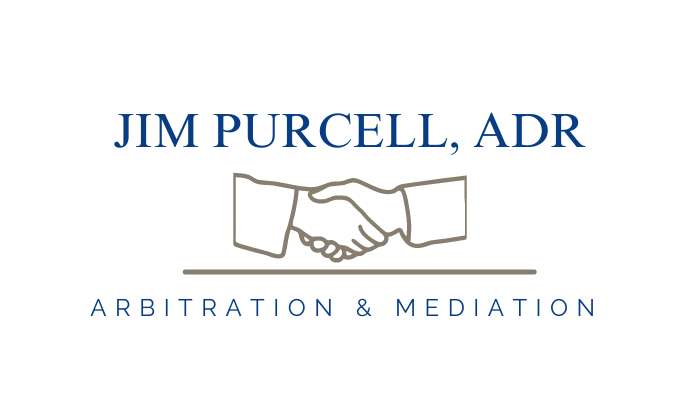 Alternative dispute resolution gives parties a lower cost alternative when it comes to healthcare disputes. Rather than having to go through prolonged litigation and be at the mercy of scheduling concerns, arbitration also tends to get resolved more quickly. There are many reasons that arbitration and mediation are becoming more popular for concluding legal disputes in the healthcare field.
Alternative dispute resolution gives parties a lower cost alternative when it comes to healthcare disputes. Rather than having to go through prolonged litigation and be at the mercy of scheduling concerns, arbitration also tends to get resolved more quickly. There are many reasons that arbitration and mediation are becoming more popular for concluding legal disputes in the healthcare field.
One of the biggest benefits to using arbitration and mediation for healthcare disputes is that increases access to just and fair outcomes for patients and smaller medical practices. When it comes to court litigation, trial attorneys are very familiar with the delays and expense that is often associated with healthcare litigation. For this reason, there are cases that trial attorneys will not even accept where the possible winnings are not worth all of the time, effort, and resources that would be poured into the case. You see this quite often in medical malpractice cases. Alternative dispute resolution, on the other hand, means that some of these medium and smaller cases can be resolved more effectively at a much lower cost so that such claimants can get their “day in court.”
Alternative dispute resolution also helps bring healthcare costs down, a growing demand in the current economic environment. When parties head into court, they are typically all aware that they are engaging in a process that is slow, costly, and adversarial. This process directly links to higher premiums and legal costs that grow exponentially. On the other hand, alternative dispute resolution, if conducted correctly, is much more effective.
Finally, the tailored opportunities and potentials for flexible resolutions of arbitration or mediation mean that parties can work with an experienced professional who knows how to listen to each side of the story and reach a binding decision or facilitate an effective settlement. This increases the probability of the outcome being satisfactory, or at least tolerable. When working with an experienced arbitrator or mediator, parties can feel confident in their expertise given that they selected that professional knowing his or her experience.
There are many different healthcare disputes that are a good fit for arbitration and mediation. These include billing, employment, contractual disputes, insurance, negligence and medical malpractice. A good arbitrator and mediator will have experience in these fields, but also will be aware of the best practices across the healthcare industry for resolving disputes. When involved in a healthcare dispute that seems endless and expensive, please consider alternative dispute resolution.

